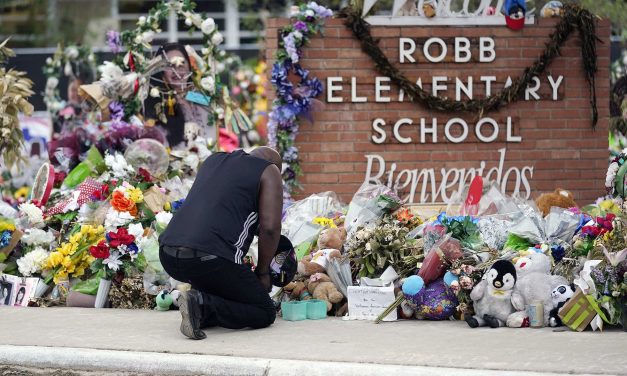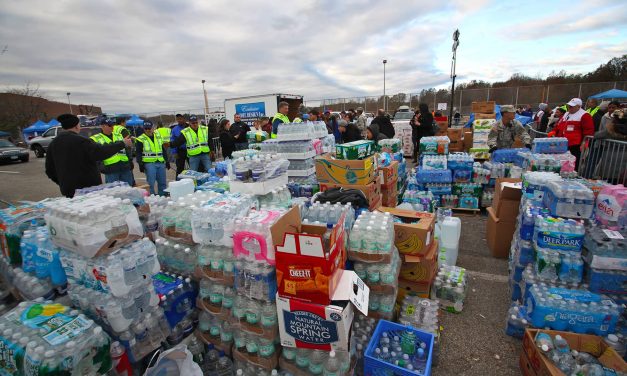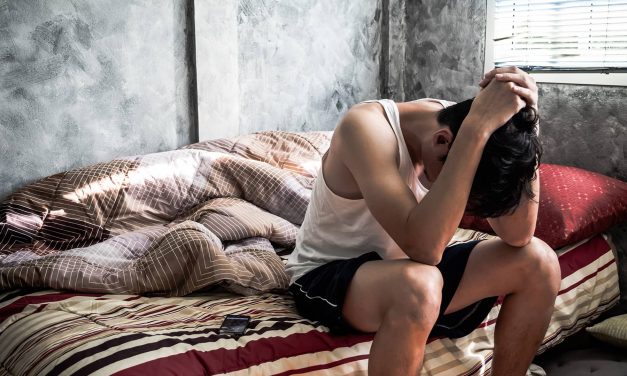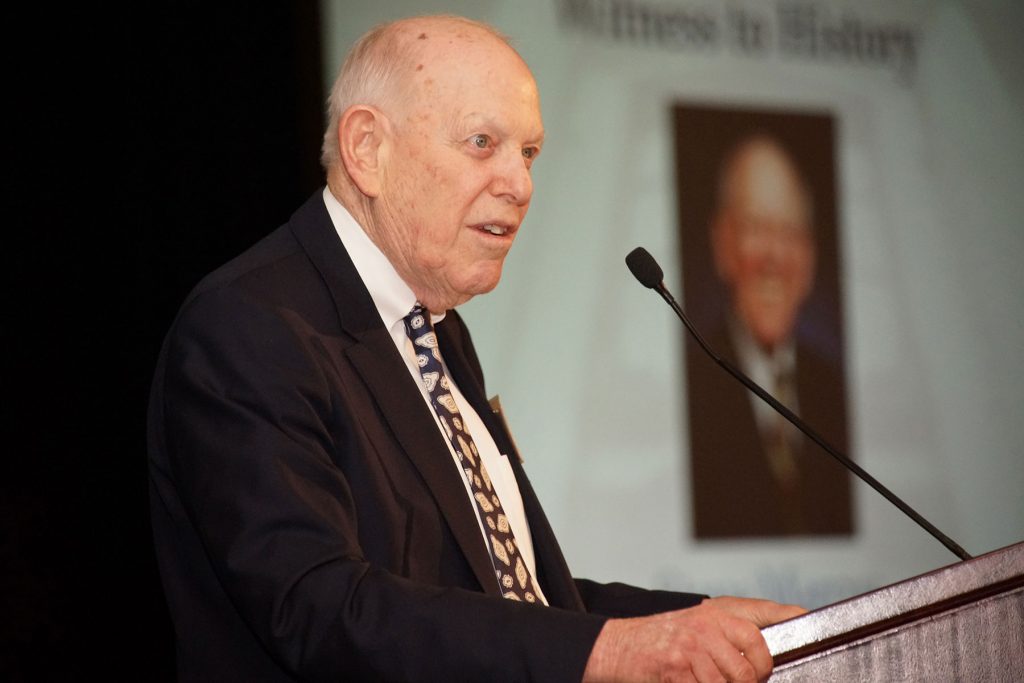Horror and Anguish: Mental health scars extend far beyond those directly affected by mass shootings
By Arash Javanbakht, Associate Professor of Psychiatry, Wayne State University Yet another community is stricken with grief in the wake of the horrific shooting at Monterey Park, California, on January 21, 2023, that left 11 people dead and 9 more wounded. Families and friends of the victims, as well as those who were injured, are no doubt gripped with grief, anguish and despair. In addition to those who are experiencing direct loss, such events also take a toll on others, including those who witnessed the shooting, first responders, people who were nearby and those who hear about it through...
Read More















